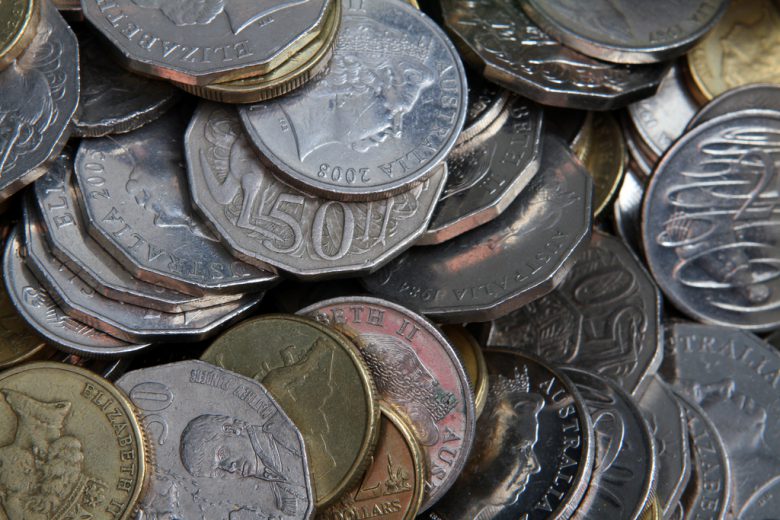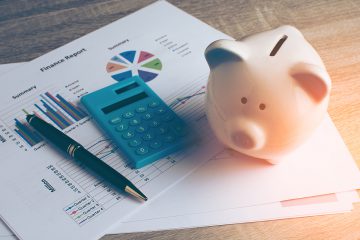When it comes to unexpected life events, having savings in an emergency fund set aside for this purpose is a good idea.
Life often has a way of throwing up unexpected events in our lives and this is where an emergency fund is a smart way to manage any emergency expenses.
Times like this can be stressful and often quite costly as well, so it’s prudent that you regularly save into a fund for this specific purpose.
Saving a portion of your money each month and putting it aside into your emergency fund can be slightly painful, but much less so than needing to pay an emergency bill.
The financial stability and peace of mind, which comes with an emergency fund, is one of the greatest benefits to starting one. You should think of an emergency fund as money, which has been put aside for serious unexpected life events.
This money will enable you to pay any emergency bills, which arise, as well as those that need to be paid quickly in a short period of time.
In the event of you or a family member losing their job, an emergency fund’s money can be used to pay the rent or mortgage and also be used for essential living costs.
A clever way to think of your emergency fund is like an insurance policy. Rather than each month paying expensive premiums to an insurance company, and saving money, you are simply setting aside funds in a separate savings account.
Doing so will allow you to access your own money easily and quickly, should the need happen to arise. In Australia banking and financial experts agree, that an ample buffer of funds should be saved in your emergency fund.
On average around three to six months of your salary is recommended as a prudent amount to be saved.
If you were to unfortunately lose your job or be unable to work, you would have enough funds saved to get by for a few months. While this amount may vary depending on your income level and personal circumstances, a simple method is to calculate your living expenses.
By adding up the amount, which you and your family spend each month, you will be able to create a clearer picture of the savings amounts required. When doing your calculations, be sure to include how much you spend each month on your home mortgage or rent.
Also be sure to tally up your monthly utility bills and grocery shopping expenses. This will ensure that you have not forgotten to account for these items.
Saving for your emergency fund should be done with a regular savings plan, as it’s always a good idea to set aside the same amount each week and stick to it.
Automating the amounts paid into your emergency fund from your primary savings account is another easy way of ensuring you stick to a regular savings habit.
While saving might seem tedious or even challenging at times, it’s the peace of mind which comes with doing so that makes this all worth while. Looking after your financial health is one of the most important things which every Australian can and should be doing.


